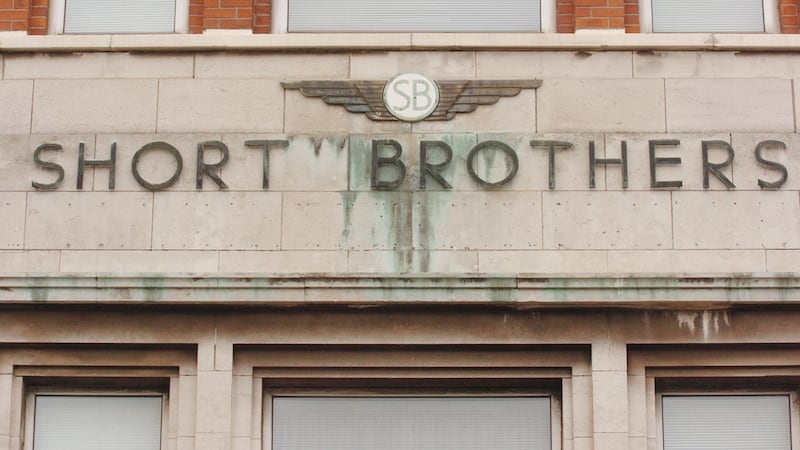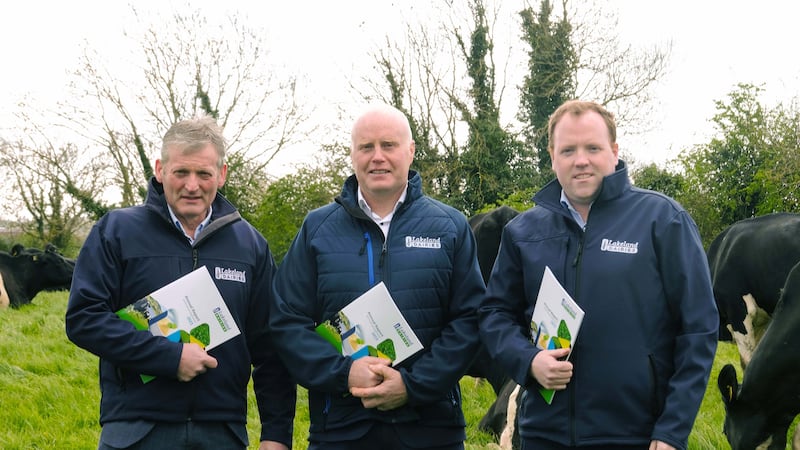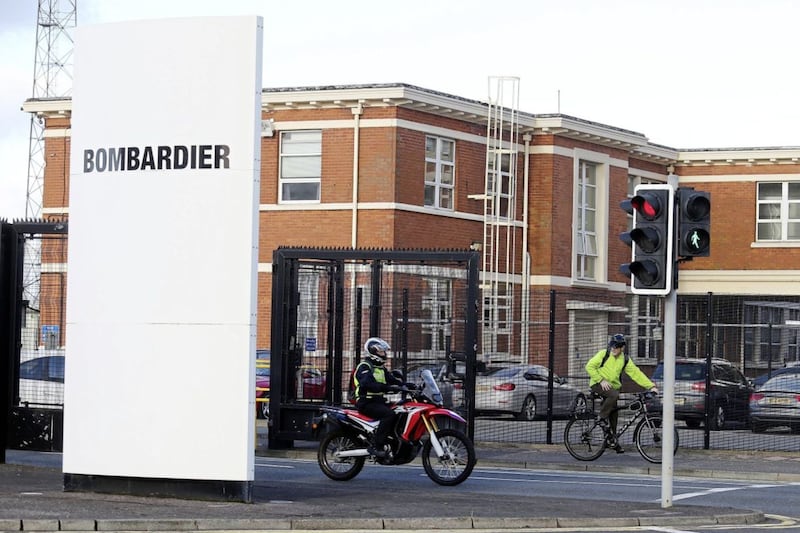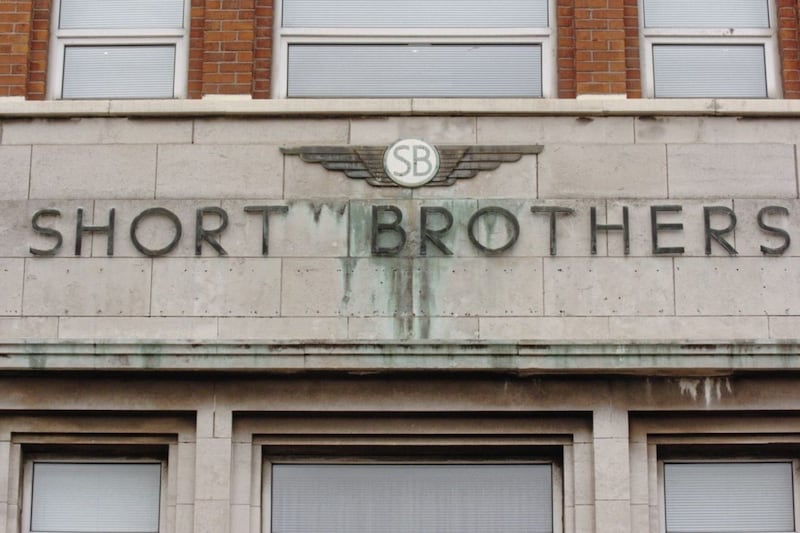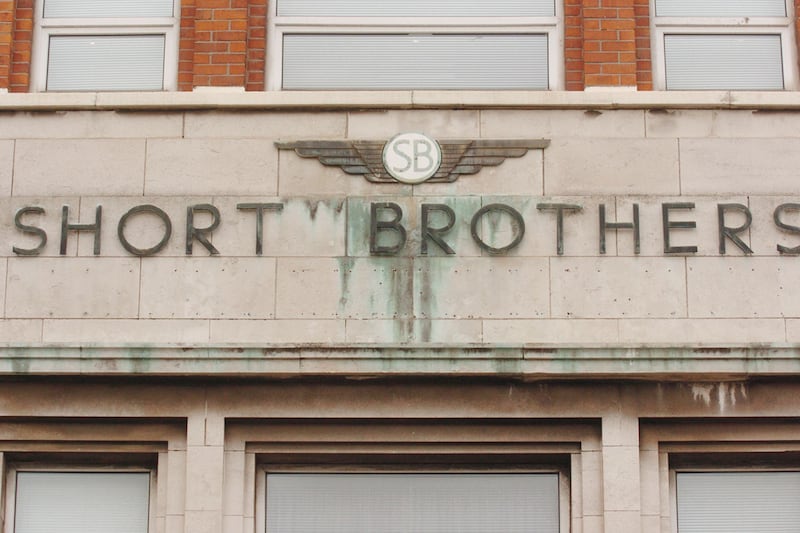A top American politician attempted to introduce legislation directly aimed at a Belfast company which would prevent it from receiving US contracts over its religious imbalance, newly released government papers have revealed.
Correspondence from Dublin government officials about Short Brothers aircraft factory in 1988 shows the major role that American politicians played to ensure that more Catholics were employed at the Belfast plant.
Short Brothers was the largest employer in the north at the time with a workforce of 7,000 people.
The firm had an overwhelming majority Protestant workforce, with Catholics making up just 11%, despite Catholics making up 40% of the general population.
Employment legislation was introduced at the time to ensure that companies adhered to fair employment practice.
In a bid to ensure that Short Brothers signed up to the legislation and committed to supporting equal opportunities, the US Defence Appropriations Bill included a provision that would prevent the company from receiving funds from a $60 million aircraft contract.
Part of the bill was aimed at prohibiting the award of US defence contracts to foreign or domestic companies that discriminated against workers in foreign countries where the contracts are fulfilled.
It has emerged in state papers that congressman Joe Kennedy proposed an amendment to the bill that would direct legislation towards Short Brothers, however this provoked anger with US Democrat Jim Wright as he was close friends with the lobbyist employed by Short Brothers.
As a result of this, the amendment included all foreign companies.
At the time, Dick Sinnott, Short's lobbyist, said the firm was committed to employing a minimum of 130 Catholics immediately in the Dunmurry factory and would set aside $5 million for predominately Catholic subcontracting firms.
In a confidential note from a Dublin official, it emerged there was disagreement on the timetable of recruiting Catholics.
"Their understanding is that it would be 17.5% for 1988 and 25% for each of the two years, 1989 and 1990 and a goal of 33% thereafter was no specific timeframe," the official wrote.
He went on to say that Shorts was adopting the latter position which left Mr Kennedy "extremely annoyed" at what he said was "backsliding" but added that they "would do their utmost to keep Shorts to their firm commitment".
Read More
- John Hume concerned by release of republican prisoners from Portlaoise after IRA ceasefire
- UVF 'had secret talks with IRA which discussed federal Ireland'
- Bill Clinton was 'more forthcoming' to nationalists than British wanted
Read More
- Gerry Adams was 'dispensable' and 'no Mandela', Ken Maginnis told Bill Clinton adviser
- Unionists 'felt nationalists had benefited from IRA violence'
- Withdrawal of funding from Irish language group 'sparked huge row'
Read More
- Row over planned restoration of Co Armagh birthplace of Orange Order
- Orange Order berated Sir Patrick Mayhew over 'cannibals' remark
- Ian Paisley Jnr 'wanted Stormont government which could negotiate with Republic'
Read More
- Mary Robinson's 1993 meeting with Gerry Adams 'angered British government'
- British government 'repeatedly tried to block Gerry Adams's US visa in 1994'
- Records reveal British criticism of Republic's response to Gibraltar deaths
Read More
- Thatcher 'accused Irish government of doing nothing' over suspected IRA priest
- Irish government queried bulk postal discount for Sinn Féin over IRA funding fears
- MPs demanded date to withdraw from Ireland after murders of British soldiers
Read More
- Secretary of state Tom King walked out of meeting after row with SDLP over devolution
- Margaret Thatcher said Garda was 'not a highly professional police force'
- Farm security gates at Irish border sparked allegations of discrimination against Catholics
